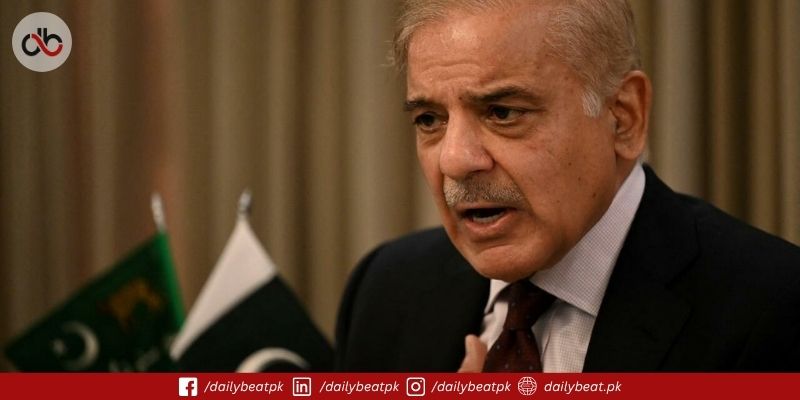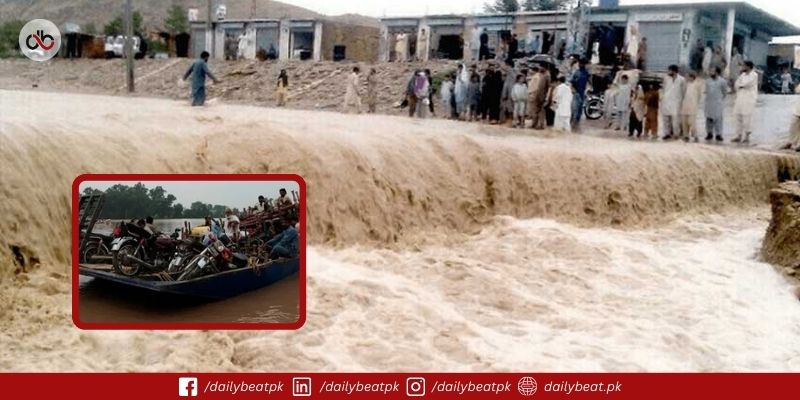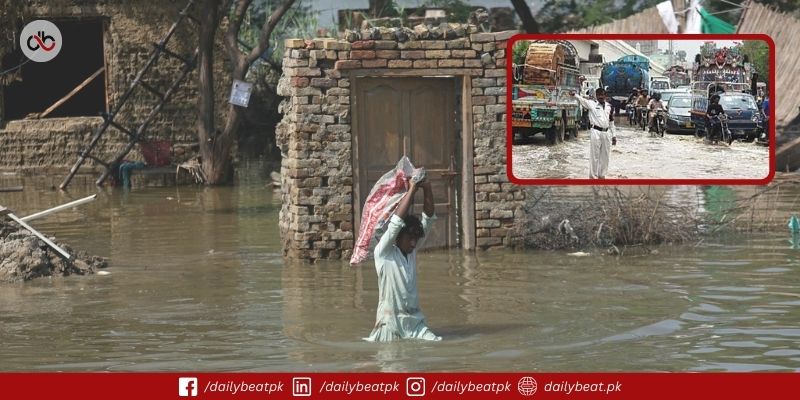Prime Minister Shehbaz Sharif has again stopped the government’s campaign against the net metering policy. This marks the third time the Prime Minister has halted such efforts.
Sources said the Power Division was preparing to launch a public campaign before sending a proposal to the federal cabinet. But the Prime Minister’s Office ordered the plan to be dropped before it even reached the approval stage.
Officials confirmed that previous campaigns had slowed down the growth of net metering. However, hybrid solar systems continue to grow quickly. These systems, unlike net metering, do not supply electricity to the national grid. As a result, they worsen the problem of excess electricity during the day.
Earlier, the Economic Coordination Committee (ECC) approved changes to the net metering purchase price. But the federal cabinet rejected the plan after backlash from the public and civil society.
Energy Minister Awais Leghari recently stated that the government would revise the net metering policy following a thorough consultation. He also suggested increasing the solar payback period from 1.5 years to 2–3 years. This means it would take users longer to recover their investment costs.
Leghari warned that the rapid rise in solar installations could worsen the electricity surplus. He added that reducing the power rate bought through net metering could help balance the grid.
A proposal suggested lowering the rate from Rs 27 to Rs 11.30 per unit. Officials stated that the current rate is too high, causing financial losses to power companies. Many companies, including K-Electric, often delay payments to consumers.
The proposal also included changes to billing systems and fixed charges for new users. However, the government plans to protect existing net metering users from any rate cuts.
Currently, there are more than 325,000 net metering connections in Pakistan, with a total installed capacity of around 6,500 megawatts. Lahore has the highest share, at 25%, followed by Rawalpindi, Karachi, and other cities.
Due to rising power costs and unreliable supply, more people are turning to solar power. Net metering helps them save money and reduce dependence on the grid.
The government is expected to continue reviewing the policy with all stakeholders before making any final changes.















